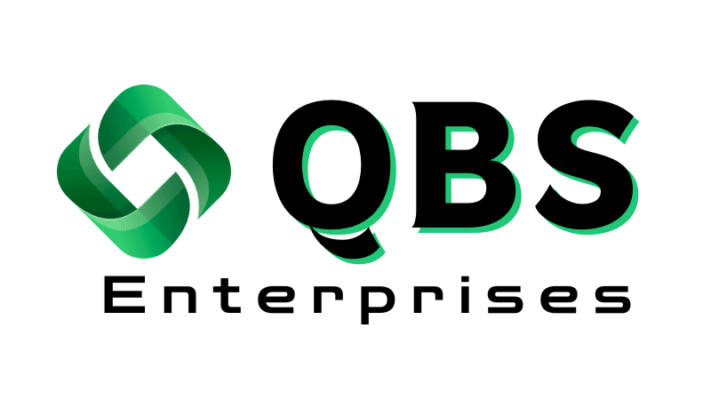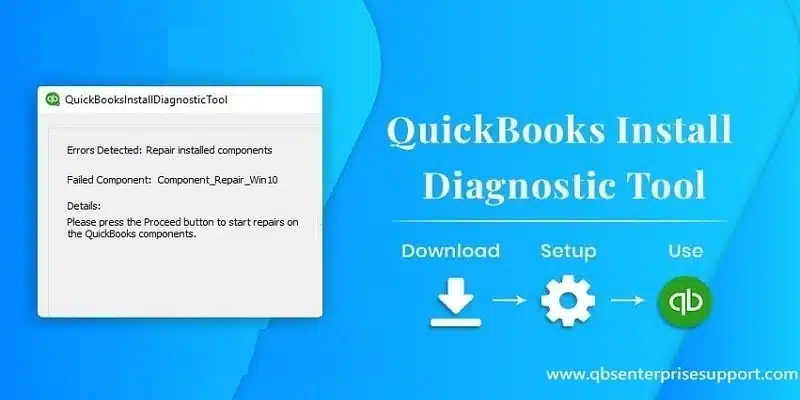Running a travel agency is as exciting as it is complex. Between managing client deposits, vendor payments, commissions, and frequent cancellations, maintaining accurate financial records can feel like navigating through turbulence. In an industry driven by tight margins and multiple intermediaries — from airlines and hotels to tour operators and local agents — travel agency accounting demands precision, structure, and reliable systems.
This guide walks you through how to manage client bookings, deposits, vendor reconciliations, commissions, and foreign transactions to achieve accuracy, transparency, and consistent profitability in your travel business.
Table of Contents
ToggleUnique Challenges in Travel Agency Accounting
The travel industry has one of the most intricate accounting landscapes. Every transaction often involves multiple parties, fluctuating currencies, and conditional payments, which complicate bookkeeping and reporting.
Here are the main financial challenges travel agencies face:
Client Deposits and Prepayments
Travel agencies collect deposits or full payments in advance — often weeks or months before a trip. These funds cannot be recognized as revenue until the travel service is delivered, which requires careful liability tracking.
Vendor Obligations
Agencies owe payments to airlines, hotels, car rental companies, and destination partners. Some require immediate payment, others after client confirmation — all of which must be tracked to avoid missed payments or duplicate charges.
Commissions and Overrides
Agencies earn commissions from suppliers or override incentives based on sales volumes. Tracking, recording, and reconciling these across multiple vendors is critical to ensure you receive the right earnings.
Refunds and Cancellations
In a volatile travel environment, last-minute cancellations are common. Proper accounting ensures you adjust for refunds, chargebacks, and rebookings without distorting revenue figures.
Foreign Currency Transactions
Global bookings involve multiple currencies, creating exposure to exchange rate fluctuations. Accounting systems must record gains or losses arising from these rate differences to reflect true profitability.
In short: Travel accounting is not just about keeping books — it’s about maintaining financial control across a constantly moving network of transactions.
Booking & Deposit Management
Deposits are a double-edged sword — they provide cash flow but can also misstate revenue if not handled properly.
How to Manage Client Deposits Correctly:
- Record deposits as liabilities, not revenue, until the trip or service is actually delivered.
- Recognize income only when the client completes their travel — i.e., at the point of service fulfillment.
- Maintain a deposit ledger or liability account to track pending services and unearned revenue.
- Create a clear schedule of booking contracts, detailing travel dates, service types, and when to convert each deposit into revenue.
- For group bookings or package tours, recognize partial revenue only for completed portions of the service.
Proper deposit management ensures that your profit statements reflect reality — not inflated earnings.
Vendor Reconciliation & Payables Management
Travel agencies often work with hundreds of suppliers — each with different billing terms, credit limits, and payment cycles. Without structured reconciliation, discrepancies can go unnoticed, leading to overpayments or missed vendor credits.
Vendor Reconciliation Best Practices:
- Reconcile vendor statements monthly against your internal booking and payment records.
- Record expenses when incurred — even if the invoice hasn’t arrived yet — to follow the accrual accounting principle.
- Maintain a separate ledger for each vendor (airline, hotel, or local partner).
- Track commission withholdings and net payments carefully, especially when suppliers deduct commissions at source.
- Automate payables workflows using accounting software integrated with your booking platform to minimize manual errors.
A disciplined reconciliation process keeps your books accurate and ensures you maintain healthy vendor relationships.
Commission & Revenue Sharing
Commissions are a vital revenue source for travel agencies, but they can be tricky to account for due to varying agreements across suppliers.
Commission Accounting Essentials:
- Record commissions receivable as assets once the booking is confirmed — even if payment is pending.
- Use tracking codes or cost centers to categorize commissions by region, product type, or vendor.
- Adjust commissions for cancellations or partial service delivery to prevent overstatement.
- Record override incentives (bonus commissions based on volume or sales targets) as separate income lines.
- Reconcile all commission earnings against supplier statements to ensure accuracy.
Example:
If a hotel pays a 10% commission on bookings, record the gross booking value as revenue, and the supplier’s portion as payable — recognizing only your retained commission as income.
When handled properly, commissions can significantly enhance your profitability without misrepresenting total sales.
Foreign Currency & Exchange Gains/Losses
Most travel agencies operate internationally, meaning foreign currency transactions are part of everyday operations.
Best Practices for Multi-Currency Accounting:
- Always record transactions in your base currency, while noting the exchange rate used.
- Recognize exchange gains or losses when payments are made or balances revalued.
- Reconcile foreign bank accounts monthly to capture rate fluctuations accurately.
- Use hedging strategies or forward contracts for large foreign obligations to minimize currency risk.
- Ensure your accounting system supports multi-currency reporting to automate conversions.
Accurate currency management prevents discrepancies and ensures your profit margins remain reliable despite global rate changes.
Best Practices & Tools for Travel Agency Accounting
Streamlining accounting processes helps you focus more on customer experience and less on financial administration.
Top Accounting Practices for Travel Businesses:
- Integrate booking software with your accounting system to eliminate double data entry.
- Automate vendor payments and commission calculations to ensure accuracy.
- Perform monthly reconciliations between your booking system and general ledger.
- Use trip-level or client-level job codes to track profitability per itinerary or group.
- Maintain an audit trail for refunds, chargebacks, and cancellations to prevent financial misstatements.
- Keep digital copies of invoices and vendor contracts for compliance and audits.
Recommended Tools:
- Cloud-based accounting platforms with API integration (e.g., Zoho Books, Xero, Sage Intacct).
- Commission management add-ons or CRMs for travel agents.
- Payment reconciliation tools for global suppliers (Stripe, Wise Business, Airwallex).
Automation reduces manual effort and error — freeing up your time to grow your agency and deliver better service to clients.
Travel agency accounting is inherently complex — balancing deposits, commissions, vendor payables, and global currencies.
However, with the right systems and accounting practices, you can transform that complexity into clarity. Accurate books help you:
- Maintain compliance and transparency
- Improve cash flow visibility
- Identify your most profitable travel products and partners
- Scale your operations confidently
Next Step: Simplify Your Travel Agency Accounting
At QBS Enterprise Support, we help travel agencies streamline their financial operations with customized accounting and bookkeeping solutions designed specifically for the travel industry.
Our team of experts will:
- Automate your deposit tracking and vendor reconciliation
- Manage multi-currency accounting and commission calculations
- Deliver accurate, real-time financial reporting to support your growth
📞 Schedule a free consultation today and let’s build a smoother accounting process for your travel business.







